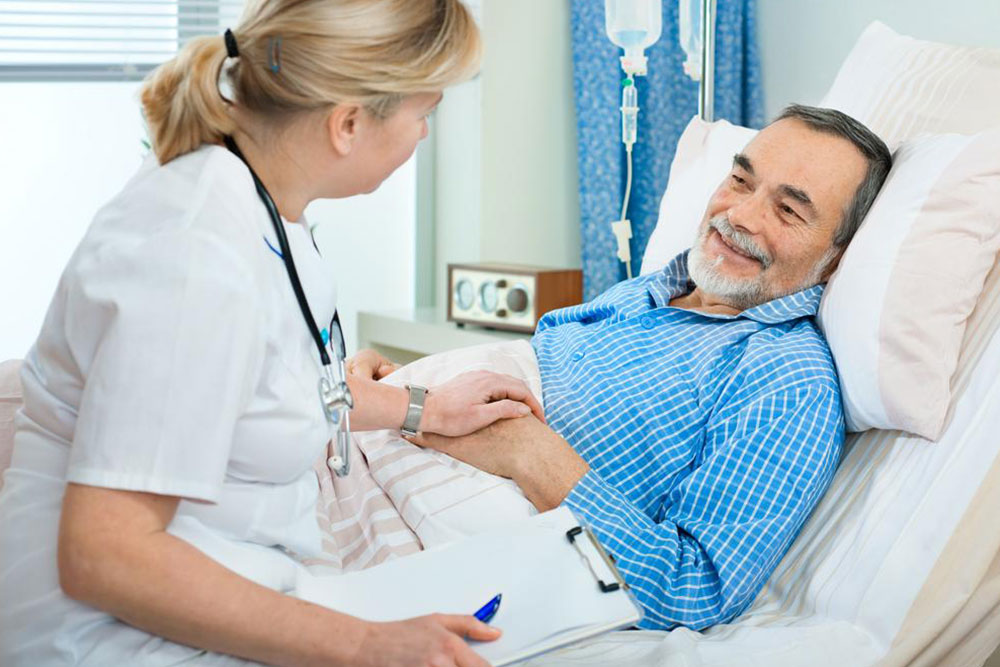Your diet post gallbladder surgery
If you have just had a gallbladder surgery, or are going to have one, and want to know how the surgery will affect your diet, read on. Gallbladder surgery in medical terms is called Laparoscopic gallbladder surgery and is considered to be the best method for treating gallstones that causes lot of pain.
A gallbladder removal surgery is done when the stones in the gallbladder start to cause symptoms. A gallbladder surgery does not create a lot of problems in your daily life as long as you follow a diet that eases your digestion without the gallbladder.

You don’t need to have a special diet plan; however, you need to be gradual enough with your diet right after your surgery. For example, you have to be extra careful with what you include in your diet after your gallbladder has been removed. For the first few days after the surgery, you will probably be asked to stick to liquid diets, broths, and gelatin.
Fried food, high-fat foods, foods with strong odors, and gas-causing foods should be avoided. Do not have heavy meals and limit your diet to small and frequent meals.
Low-fat diet is what one can follow after the surgery. If you want to be precise, then the fat calorie shouldn’t be more than 30 percent. Pay more attention to the food labels and take what you eat seriously. If you aren’t sure about eating certain foods, always consult your nutritionist or doctor first and then go ahead.
Foods that are high-fat are French fries and potato chips, bologna, sausage and ground beef, high-fat dairy such as cheese, ice cream and whole milk, pizza, butter, soups(creamy/semi-solid) and sauces, meat gravies, chocolate, coconut and palm oil, chicken or turkey skin, and spicy food. Avoid these foods completely for some time and start only after professional or medical consultation.
You may add high-fiber foods back in your diet after some weeks gradually. Foods such as whole-grain bread, nuts, legumes, seeds, brussels sprouts, broccoli, cauliflower, cabbage, and cereal are high-fiber foods.
Right after your surgery, you will probably be asked to consume applesauce, bananas, broth, crackers, eggs, chicken or fish, rice, and watery soup. You may also have lean protein and healthy fats in your diet.
Since everybody is different, there might be some prescribed foods that could give you discomfort. In that case, keep making notes of those mild discomfort and illnesses if any so you can always get back to your doctor with those issues and the doctor can work on your diet.



